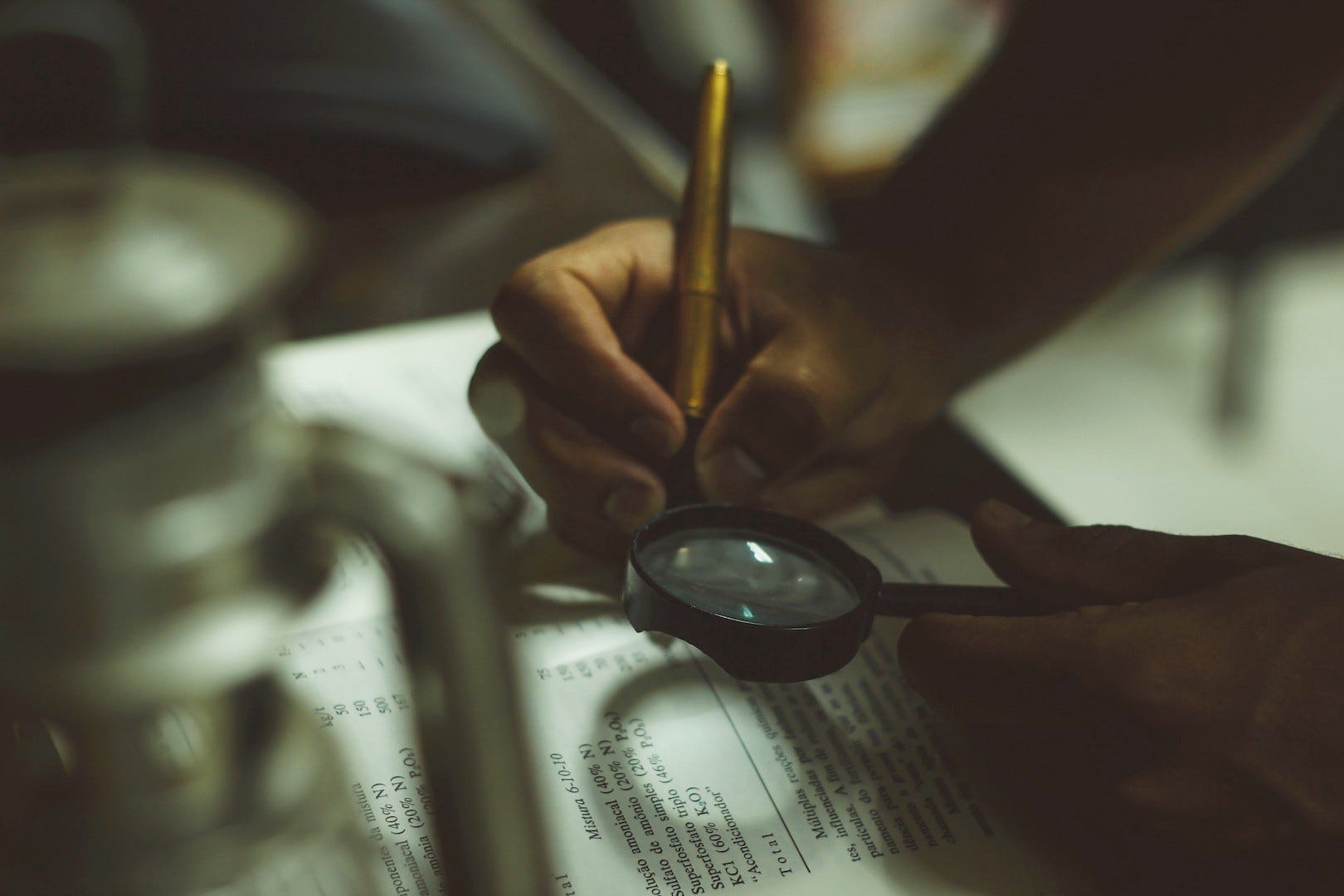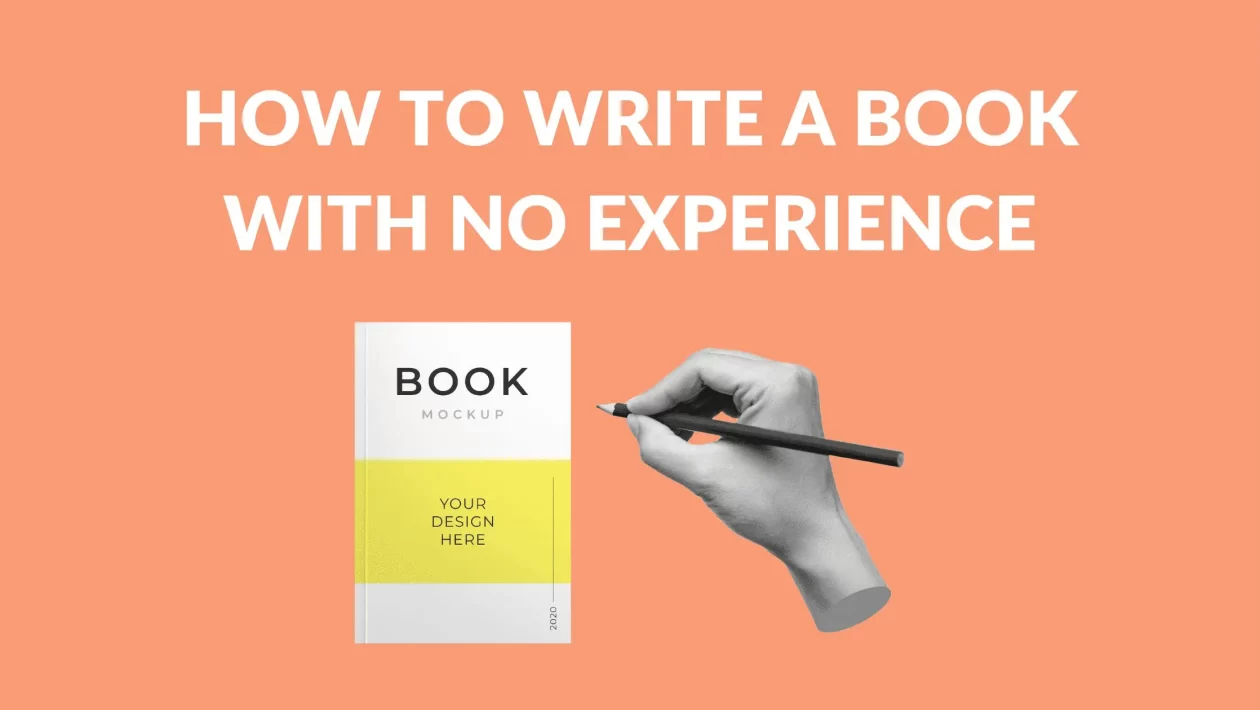You have that idea in your mind…that story, the characters, their backstories, and that amazing twist. It’s all set, but only in your dream world. Every time you think of writing it down, you are scared. What if you lose track? What if it does not come out the way you thought? Relax, guys! If you are wondering how to write a book with no experience, then this blog post is just for you!
In this to-do guide, we will discuss some ways in which you will be able to write your stories down, craft them into a structure, and even publish a book (plenty of self-publishing options are available)! Let’s guide you through this –
Table of Contents
How to write a book with no experience in various genres?
We know you have questions! What do you mean by a genre? You have a story in your mind and want to write it down. It has a protagonist, an antagonist, a romantic angle, a bit of a mystery, and loads of thrill!
But – how do you categorize it? Is it set in the human world or a fictional world? How does it help people? Also, what if you want to write a guide for living life? That’s not the same as a novel. We’ll discuss it all! Let’s get started –
A novel is the easiest way to start

If you are looking up how to write a book with no experience – most probably you have a typical storyline in your mind. An antagonist-protagonist style Goliath vs David or a sweet, simple romantic storyline with some twists and turns. A novel will be perfect. Here’s how to go about it –
Step 1 – If it is a crime thriller or a whodunnit type of storyline, try to begin your story in the middle. That will amp the sense of mystery and will hook the audience. After that, follow the linear-flashback-linear format of storytelling. However, if it’s a tragedy or a romance genre, then it is better to start with the present and then go back to the past. This gives the audience a feeling that they, too, are time-traveling with the protagonists.
Step 2 – If you are writing a crime thriller, keep an element of surprise or shock in the language. Use short and incomplete sentences, plenty of exclamation marks, and set up a tense atmosphere. When describing a character or a scenario, give an insufficient explanation. Let the audience guess or wait for what happens next.
For a romantic or tragic storyline, keep the rhythm of the language simple. Some sweet lines, cute or vulnerable exchanges, some moments of desperate waiting, and then either end it with a ‘everyone lived happily ever after’ or on a tragic note.
Step 3 – Character development is the key. In the case of thrillers, a backstory, character development, and a good man – turned into a villain are common. In fact, straight and round characters are far and few. So, write accordingly. While for tragic or romantic fiction, rounded and stock characters and positive character development are key features. You must think and write along those lines.
After your initial draft is ready, ask a friend or an editor to check it and correct the mistakes accordingly.
Do you have a myth or a fantasy plot in your mind?

Well, for starters, you could be the next J.K. Rowling, giving us another fantastic series like Harry Potter! Here’s some unbeatable tricks about how to write a book with no experience in the fantasy genre –
Step 1 – Gather the plotlines and the characters. Then, detail out the ‘fantastical’ features categorically so that you can place them comprehensively without losing the ‘airy’ touch. You could start the storyline in the middle, with perhaps an act of the antagonist. That would immediately hook your readers!
Step 2 – Now, its time to concentrate on the characters. Assuming the plotline is already there in your mind, and you have made the connections well – frame the characters in a manner so that they supersede the situations but do not lose the ‘human’ touch. They should be ‘us’ but braver, stronger, and more potent than us. That’s where you win the point.
Step 3 – Try to merge strains of religious, historical, or mythical instances with your fantasy story in a way that remains subtle but affects the storyline. This will add a punch to your creation.
As a novice, you might not streamline everything perfectly well, but with better insight and a little guidance (maybe from your peer or your reviewer) you will do a good job.
How do you write a self-help guide?

Post Covid-19, life for many has taken a 360-degree turn. People have started to appreciate the little things in life rather than humongous achievements. This feeling has given rise to the rush around self-help books. These self-help guides are old tales written in a user-friendly manner, including personal anecdotes bottled in a brand-new format. So, if you are wondering how to write a book with no experience in this genre, then let’s guide you –
Step 1 – Assuming you have some thoughts that are lessons you learned from certain personal situations. Start by writing those down individually.
Step 2 – Once you have noted the tales, figure out their alignment. To do that, you have to ask yourself specific questions. They are – how is your story relevant to the world? Have you come out of it better? If yes, then how? If not, then what are you doing to heal yourself? Does it have any religious connotation? Once you mark out the instances under these categories, you can work towards formally noting them down.
Step 3 – You can start by noting down one of the instances. Then, from there, expand it by including the answers to the queries you asked beforehand. In this way, you can frame a linear pattern.
Note: After you have written the initial draft of your book, get it checked by someone who has a command over this field. You must understand that, unlike fiction, self-help guides require a different pattern. When you are thinking of how to write a book with no experience and that too a self-help guide, you cannot start with an impromptu storyline. In this case, you must have a proper introduction, a body with your experiences and learnings, and a conclusive summation.
You can start with short stories

What if you have multiple plot lines in your mind? But none of these plotlines intersect with each other. In fact, you can create separate stories from each of them. Then how to write a book with no experience? Write a collection of short stories! Yes, since you have multiple plot lines in your mind, you will have different characters, too.
Therefore, rather than accumulating all of them into the same storyline, separate their stories and create a series of them – a thriller, one with a romantic outline, and one maybe in the tragic lines. Here’s how to go about it –
Step 1 – Start by writing down the outlines for each of the plots that you have in your mind. Segregate each of them and give them a proper structure.
Step 2 – Take up one plot line and start developing the story. Note down the characters who are there, how the story begins, and how it ends; an outline.
Step 3 – Start writing your story now. You can start at the beginning in a typical ‘once upon a time…’ style, or choose a flashback-linear-flashback technique. Remember this – when writing a short story, you do not have the luxury of using the ‘stream of consciousness’ format since that is unsuitable for short stories.
Step 4 – Keep developing the storyline, and with that, start opening up your characters. You can describe them initially and then show how they act, or you can first show their action and then go into the backstory. If you have parallel plots in a single story, concentrate on that as well.
Write down the initial storyline and prepare the first draft. Ask your friend or an editor (or someone having a basic understanding) to review the same. Once you receive the corrected manuscript, go ahead and make the changes.
A piece of advice

In case you are not confident in your work and, as a newbie, wondering if you will find takers or not – how about giving it for an anthology? Find out an editor who is compiling stories for a collection and give your piece to him. Once it’s published, see how your story has been received and the kind of audience base you have created, and then you can work on your short stories collection.
There’s another thing you can try doing – self-publish your work. You can do the same on Kindle or via the multiple platforms that allow the same.
Which 3 mistakes you must avoid?

As a novice who has, for the first time, started writing a book, you are bound to make some mistakes. It is understandable since you are still looking for ways on how to write a book with no experience. You can always edit them in the second draft. But there are a handful of mistakes that you must not make. Those mistakes could cost you a whole draft! They are –
Mistake 1 – Inconsistencies in the narration. Choose a type – linear narrative style, linear and flashback combined flashback format, or stream of consciousness type. You cannot start with a linear narrative and then go on to stream of consciousness, aka Ulysses style. That would only confuse your readers and degrade the quality of your book.
Mistake 2 – Concentrating only on the protagonist. Yes, they are the critical characters of your book, but not the only one. Imagine you have a character interlinked to the protagonist behave in an uncharacteristic way. The audience is intrigued. The book ends, but the audience finds no reason or justification for that behaviour. How would they feel? Cheated! Exactly! You don’t want that.
Mistake 3 – You only cling to a specific scene or a storyline and do not give importance to the others. You are reading the book, and that one scene/storyline is the show-stealer, but the whole book is such a letdown. Firstly, remember you are a first-time writer, so there is an almost negligible chance that the readers will even read through to come to that chapter. Assuming they do, even then, if they are not excited enough, they will not even turn the rest of the pages. Result? Your efforts and the story are both going down the drain.
Parting words
You might think that writing a book is a hectic job, and if you cannot shape it as ideally as it is in your mind, then it’s not worth it. However, that is far from the truth. In fact, what you must do is – keep your inhibitions away. Take that pen and paper, and start writing what you thought before you get cold feet. Yes, it might be a little difficult at first, but it will become easier with time. Now that you know how to write a book with no experience, if you follow the steps thoroughly, things will ease over time.
Do you have some ideas or tips in your mind? Then, do share the same with us in the comments section. Keep following this website for more to-do guides!

